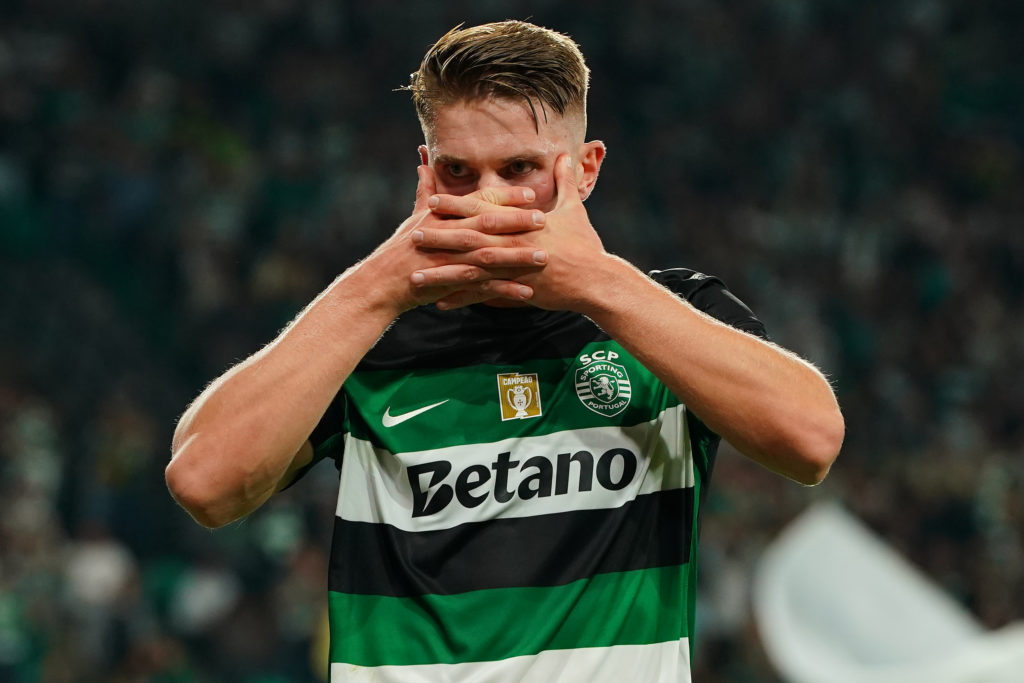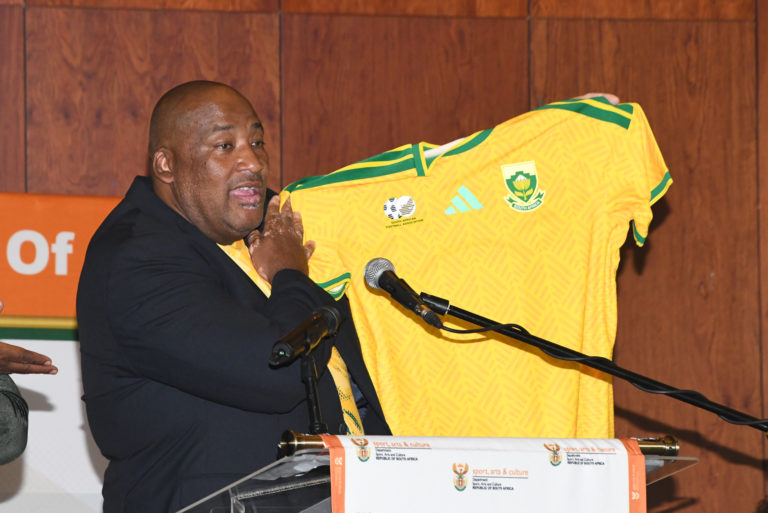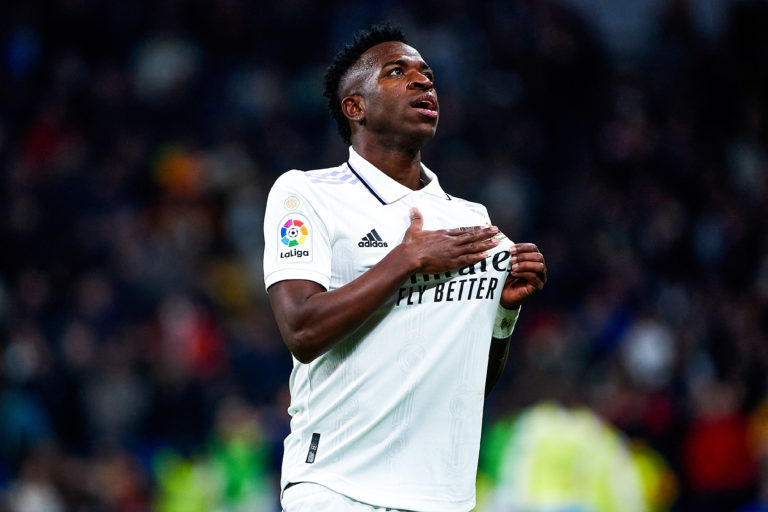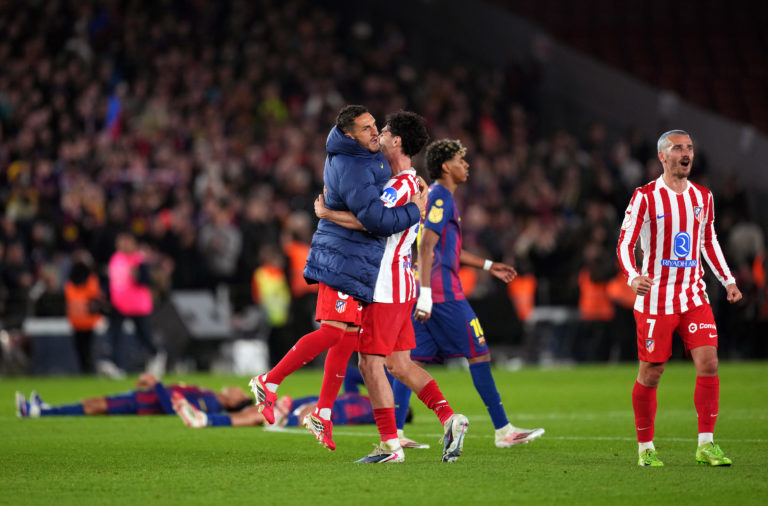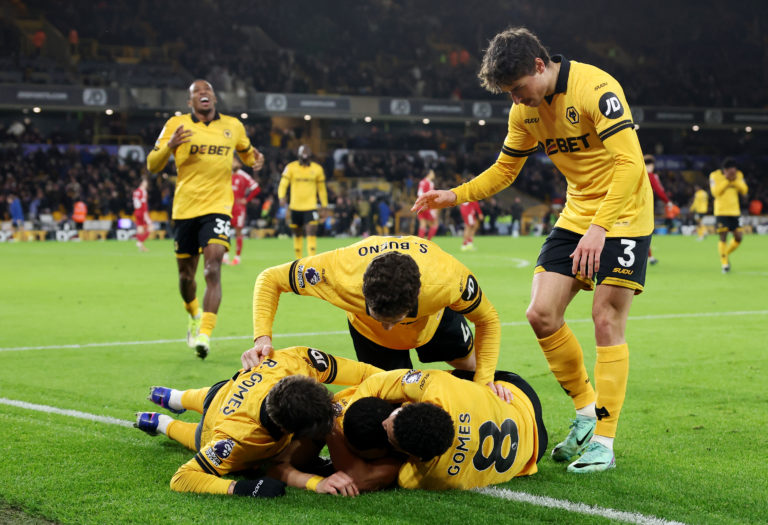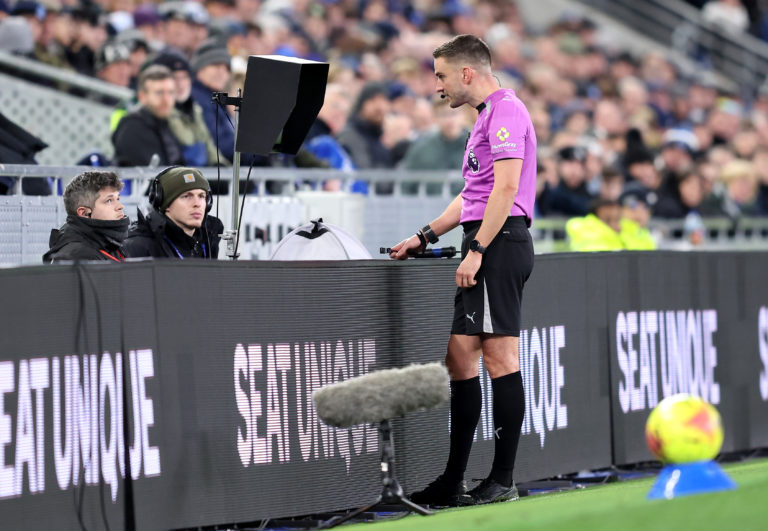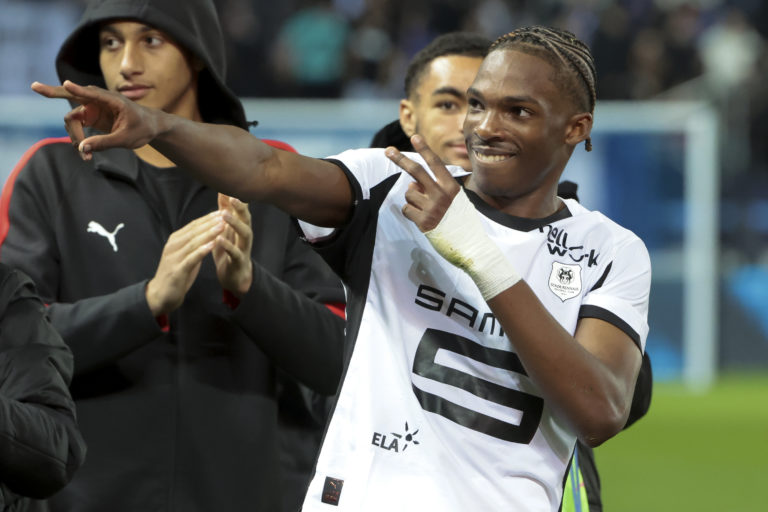Strong, quick, and clinical — Viktor Gyökeres has what it takes to make the Premier League leap, writes Dylan Johnson.
Gyökeres moved to Portugal from Coventry City for a club-record fee, and has exploded into form, notching 97 goals and 28 assists in just 102 appearances.
Physically, Gyökeres is everything you’d want in a modern forward. At 6ft 2in, he combines pace, power and precision. He thrives when running into space, often drifting wide to isolate defenders before cutting inside.
His finishing is clinical, capable with both feet, and he excels at holding the ball under pressure — shielding possession, backing into markers, and turning defenders.
He presses with intensity and puts in a shift defensively. In the box, he’s a clever mover, often operating on the blind side of defenders to gain a half-yard and finish first-time.
🚨🇸🇪 Viktor Gyökeres’ priority is to join Arsenal this summer despite calls from Manchester United in the recent weeks.
Gyökeres always an option amid Šeško talks with no deal sealed so far, Arsenal keep assessing situation.
United remain keen but believe deal now unlikely. pic.twitter.com/iTdDbkEcCV
— Fabrizio Romano (@FabrizioRomano) June 14, 2025
But his weaknesses raise doubts about how he’d fare in a more demanding tactical environment. His pressing lacks intelligence at times and can be bypassed by more composed opposition.
While he is a threat aerially, he’s not dominant, and can appear hesitant in duels. He struggles with long-range passing, and his link-up play deep in the final third is inconsistent. He’s effective when keeping it simple, but less convincing when asked to dictate or create.
That makes his next move complicated. Gyökeres isn’t a long-term project. He’s 27 and in his prime — whichever club signs him will expect an immediate return.
This makes comparisons to Liverpool striker Darwin Núñez inevitable. The Uruguayan was similarly prolific in Portugal before an £85m move to the Reds. His raw tools were undeniable, but he has failed to refine his game to meet the expectations of a league-winning forward. Gyökeres is more polished, but the leap from the Portuguese league to the Premier League has caught out more than one striker.
Arsenal are in the market for a goalscorer. Gyökeres offers more reliability in front of goal than their current options, but their system presents challenges. Sporting rely on fullbacks for width, allowing Gyökeres to drift wide. Arsenal use wingers to stretch play, often requiring the No 9 to stay central and combine with midfielders — not his ideal setup.
Manchester United are another rumoured destination, especially with former coach Rúben Amorim, who is under pressure and needs a prolific forward familiar with his style. But United’s dysfunction, lack of Champions League football, and recent track record with attacking signings make it a risky fit. Leading the line at a club in crisis is a big ask for a player still adjusting to the top level.
Newcastle have Champions League football and an exciting project, but they already have Alexander Isak. It’s unlikely they’ll spend upwards of €80m on a backup unless his Swedish compatriot is sold.
Liverpool have more obvious needs. Jota’s injuries have made him unreliable and a Núñez exit is inevitable with a host of European clubs and Saudi Pro League sides interested in his signature. But after being stung once by a high-cost striker from Portugal, they may be reluctant to repeat the same bet.
That price tag is a major factor. Reports vary from €60m to upwards of €80m. In this market, Gyökeres is being considered alongside the likes of Benjamin Sesko and Hugo Ekitike. Sesko, 22, has 39 goals and 8 assists in 87 appearances for Leipzig but remains raw.
Ekitike, 23, is reportedly valued around the same price but has yet to produce consistently at senior level. Gyökeres has the better numbers and more varied experience — but far less resale value and room for development.
There’s also the tactical concern. At Sporting, Gyökeres is given the freedom to roam. The Premier League’s most dominant sides rely on wingers holding the width and more structured build-up play.
Limiting his ability to drift would remove one of his biggest strengths — beating wide defenders in 1v1s before cutting in. He’d also have to adapt to more physical, aerially dominant defenders, improve his efficiency in link-up play and refine his pressing, which currently lacks the coordination elite sides demand.
Gyökeres has succeeded in Sweden, the English Championship, and Portugal. His record in European competitions is solid, with goal contributions against top sides in the UEFA Champions League and Europa League. He’s proven, hard-working, and has the tools to be effective. But context matters.
In the right team, he could elevate his game again. In the wrong one, he could follow the path of Núñez — not because he lacks talent, but because he was dropped into a system that didn’t suit his profile and could not match the heavy expectations of a title winning Premier League outfit.
The striker market is limited. While Ekitike and Sesko offer long-term potential, they come with greater uncertainty. Gyökeres delivers proven end product and a more reliable baseline.
His combination of experience and goal-scoring ability makes him a compelling option. Ultimately, if he adapts quickly, Gyökeres could become a key asset in the Premier League — but success will depend on a club willing to build around his strengths and allow him the time to adjust to the demands of English football.
Photo: Gualter Fatia/Getty Images



